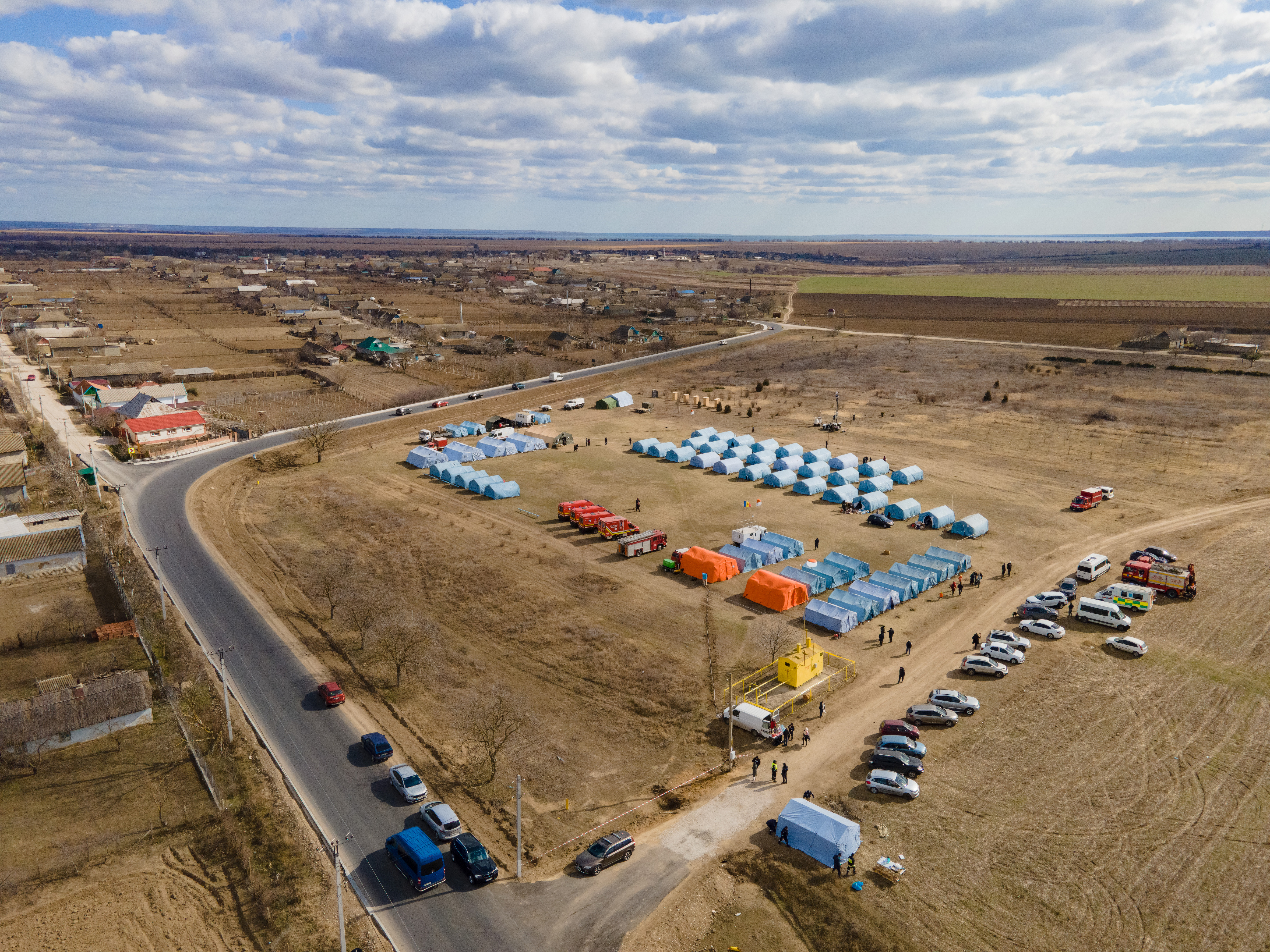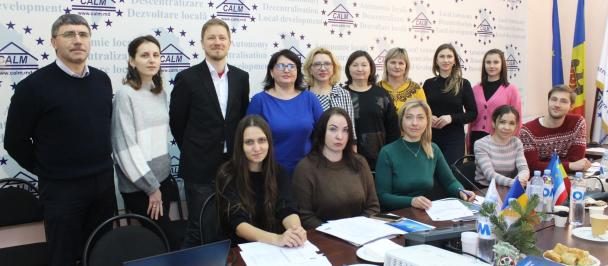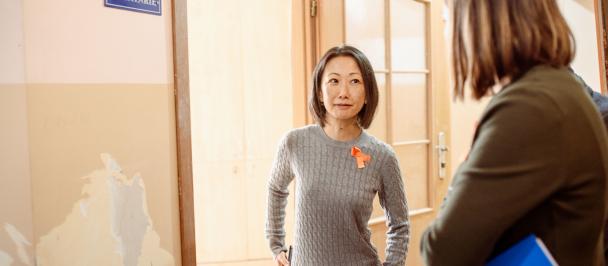Photo: Ion Buga/UNDP Moldova
In the event of a protracted war in Ukraine, socio-economic achievements in neighbouring Moldova could be jeopardized, according to early projections released by the United Nations Development Programme (UNDP). The data suggests that in Moldova, more than 30% of the population could be living below the poverty line, and 54% could be at high risk of falling into poverty within the next twelve months due to impacts of conflict in Ukraine and related crises.
“The economic fallout of the war in Ukraine will be felt across the region and millions of people are going to be in need of urgent support in the months to come,” said Dima Al-Khatib, UNDP Resident Representative to the Republic of Moldova.
“In Moldova, work continues to scale up to meet the massive needs of those who have fled the violence, and to ensure support is also provided to host communities. But to prevent more humanitarian suffering, and the complete collapse of local economies, the war must end. People across the region urgently need peace to help prevent a freefall into poverty,” said Dima Al-Khatib.
The key drivers of the potential economic crisis in Moldova - including the country’s close economic ties to Ukraine and the Russian Federation, an escalating energy crisis, and the impact of mass displacement - are already being felt in the country and will deteriorate if the war continues.
To help identify the needs, UNDP will initiate an analysis of the impact of disrupted value chains on the small- and medium-sized enterprises operating in Moldova. UNDP is also conducting a rapid economic income simulation for Moldova of the potential impacts of the crisis at the households level, along with assessments for identifying the targeted support households need.
Based on its longstanding, trusted partnership with the Government of the Republic of Moldova, UNDP has provided immediate support to people from Ukraine who have fled the violence and taken refuge in the country. As part of the UN Moldova family, UNDP has worked with local communities and authorities to provide accommodation and basic supplies to refugees, including emergency hygiene kits and food packages. Further support is being provided to shelters, to cover urgent needs, with a focus on emergency support for women and children. Going forward, UNDP will facilitate the socio-economic integration of refugees through promoting employment opportunities, expanding their access to public services and ensuring social cohesion in host communities.
In support of the inter-agency Regional Refugee Response Plan, UNDP is now working with UNHCR to ensure a strong focus on resilience and development for the millions of displaced people who have fled the violence. This joint integrated support to refugees and host communities will focus on livelihoods, through social cohesion, income generation and employment.

 Locations
Locations




